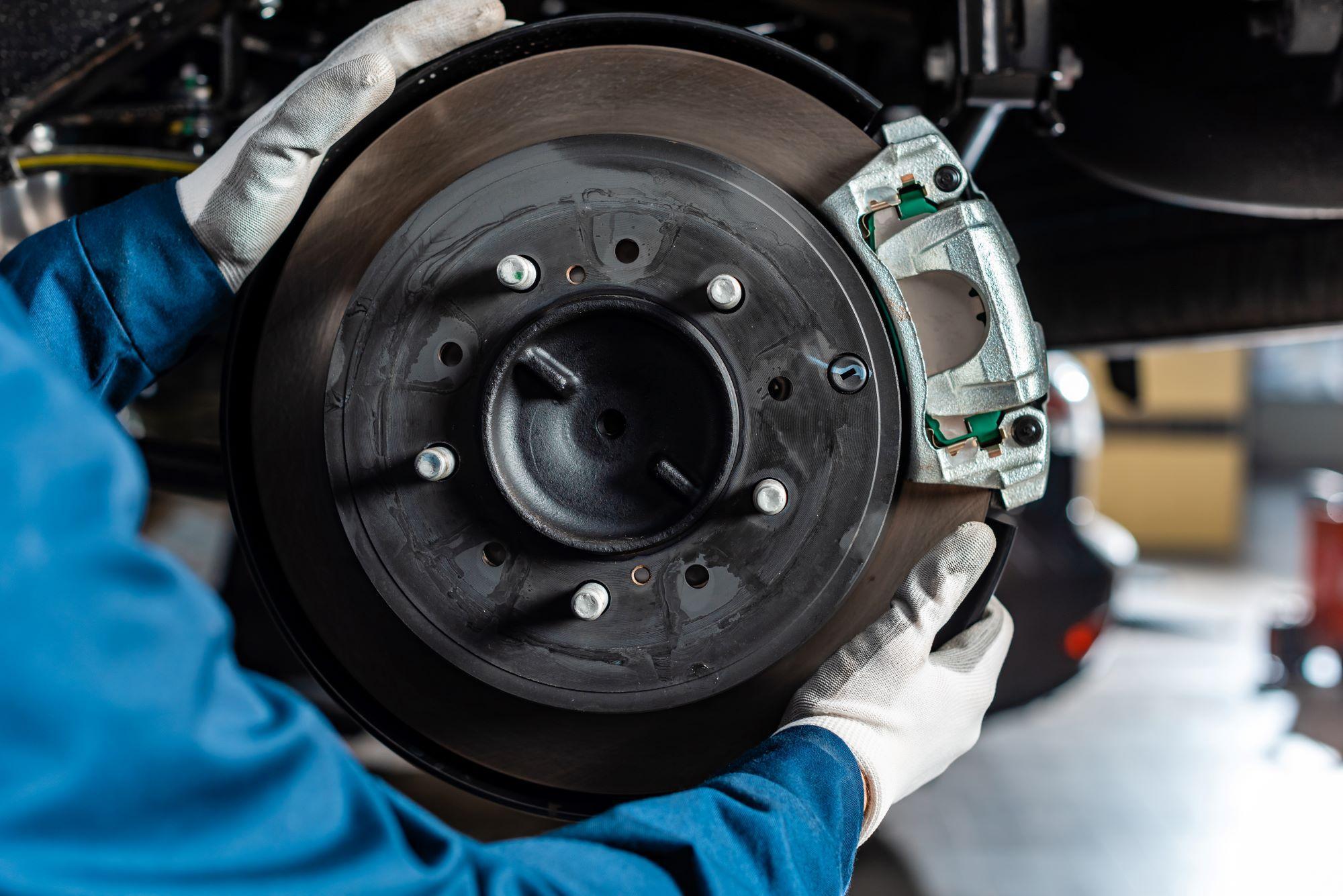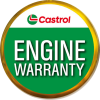When was the last time you got an oil change?
Each time that you get an oil change, you receive an oil change sticker that is placed on the windshield of your vehicle. This sticker indicates the number of kilometers that you should accumulate before changing your oil again. Although many people see this number as a minor suggestion, changing the engine oil at proper intervals is very important to the overall health of your vehicle’s engine.
Engines are comprised of many different parts. Since these parts are constantly moving, it’s critical that they’re properly lubricated in order to avoid damage. Engine oil provides this vital function by helping to minimize friction and by working to reduce heat build-up within the engine.
Over time, engine oil slowly breaks down and becomes contaminated with dust, dirt and debris. This limits the ability for oil to lubricate the parts, which means the old oil must be removed and then new oil must be inserted. At The Mufflerman, we suggest getting your vehicle’s oil changes as per the owner’s manual.
Oil Changes Should Be Treated As A Priority For The Following Reasons:
Perhaps the largest benefit of regularly getting oil changes is that it can help to extend the lifespan of your vehicle’s engine. In fact, an engine that is routinely given fresh oil will have a longer lifespan that one that is not.
As the lifeline of the engine, oil helps to lubricate, to reduce heat, and to clean the engine’s moving parts.
New oil helps to keep a car’s engine running smoothly and more efficiently. This results in better gas mileage, and therefore increased savings on fuel costs.
When a Licensed Technician is changing the oil, they may notice an issue in the engine. For example, if a Technician finds metal shards in the oil this is typically a warning sign that particular parts in the motor may be deteriorating.
Here's A Quick Breakdown Of The Three Most Commonly Used Types Of Engine Oil
Conventional or Mineral Oil: Conventional oil is a lubricant that is derived directly from crude oil. It’s designed to help minimize deposit formation and oil thickening. It can also help to improve gas mileage. Mineral oil is best used in older vehicles.
High-Mileage Oils: This type of oil is meant for vehicles that have over 75,000 miles on the odometer. High Mileage oil features unique additives that help to prevent oil evaporation – a common issue found in older vehicles. The viscosity of high-mileage oils is typically thicker than other oils.
Synthetic Oils: Similar to conventional oil, synthetic or “full synthetic” oil is also derived from crude oil. However, it is highly refined to remove impurities. Synthetic oil is formulated to provide the highest level of lubrication in both high and low temperatures. It also has increased cleansing properties. Although synthetic oil is the most expensive type of engine oil, it’s the best choice of oil if you’re a driver who is often caught in stop and go traffic, takes many short trips, or drives in very cold or hot temperatures. Many newer vehicles, as well as European cars, specifically require synthetic oil. Tip: Be wary of low cost or discounted oil changes. Many use recycled oil.
Previously, there were only a few different types of oil. However, there are now a wide range of different oils made specifically for different types of engines, including synthetic oils, high-mileage oils, semi-synthetic oils, and mineral oils. Tip: If you aren’t sure which oil your car’s engine requires, you can find out by checking your vehicle’s owner’s manual.
For a limited Time Only
FREE Battery Test with Report
We'll perform a full inspection of the health of your battery.
For a limited time only
FREE Complimentary Inspection
We'll do a check over your entire car to make sure you're road safe.
We only use Licensed Technicians
Trust the mufflerman to properly change your oil
At The Mufflerman, each oil change is supervised by a Licensed Technician using fresh, new oil that is specifically selected for your vehicle. Keep your car on the road longer – call one of our 12 Mufflerman locations across Ontario today to book you next oil change. We proudly serve London, Chatham, Sarnia, St.Thomas, Strathroy, Woodstock, Stratford, Brantford, Kitchener and Cambridge.









